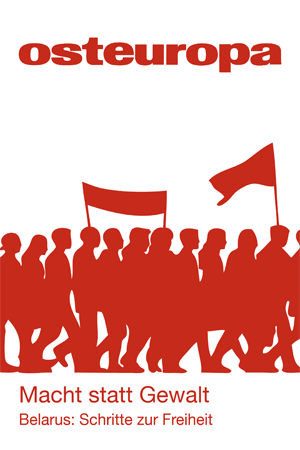State capitalism à la Belarus
A special path, a diversion or a dead end?
Deutsche Fassung
Abstract
After the collapse of the Soviet Union, Belarus followed a separate path. Nowhere else in postsocialist Eastern Europe did the state play such an important role in the economy. From 2007 onwards, this model reached the limits of its capacity, not least because Russia increased the price of crude oil and natural gas supplies to Belarus. The government in Minsk took out an increasing number of foreign loans. In 2015, the decision was made to pursue a new monetary and fiscal policy: the exchange rate was deregulated and the deficit in the state budget was reduced. However, all the large enterprises remained under state control. The country is more dependent on the preferen-tial rates for energy imports from Russia, and for this reason, Belarusian economists are becoming increasingly vociferous in their demands for a re-structuring or the closure of the large number of loss-making state-owned businesses. In the medium term, the emigration of qualified workers due to the political conflict within the country will curb economic growth.
(Osteuropa 10-11/2020, pp. 35–59)



